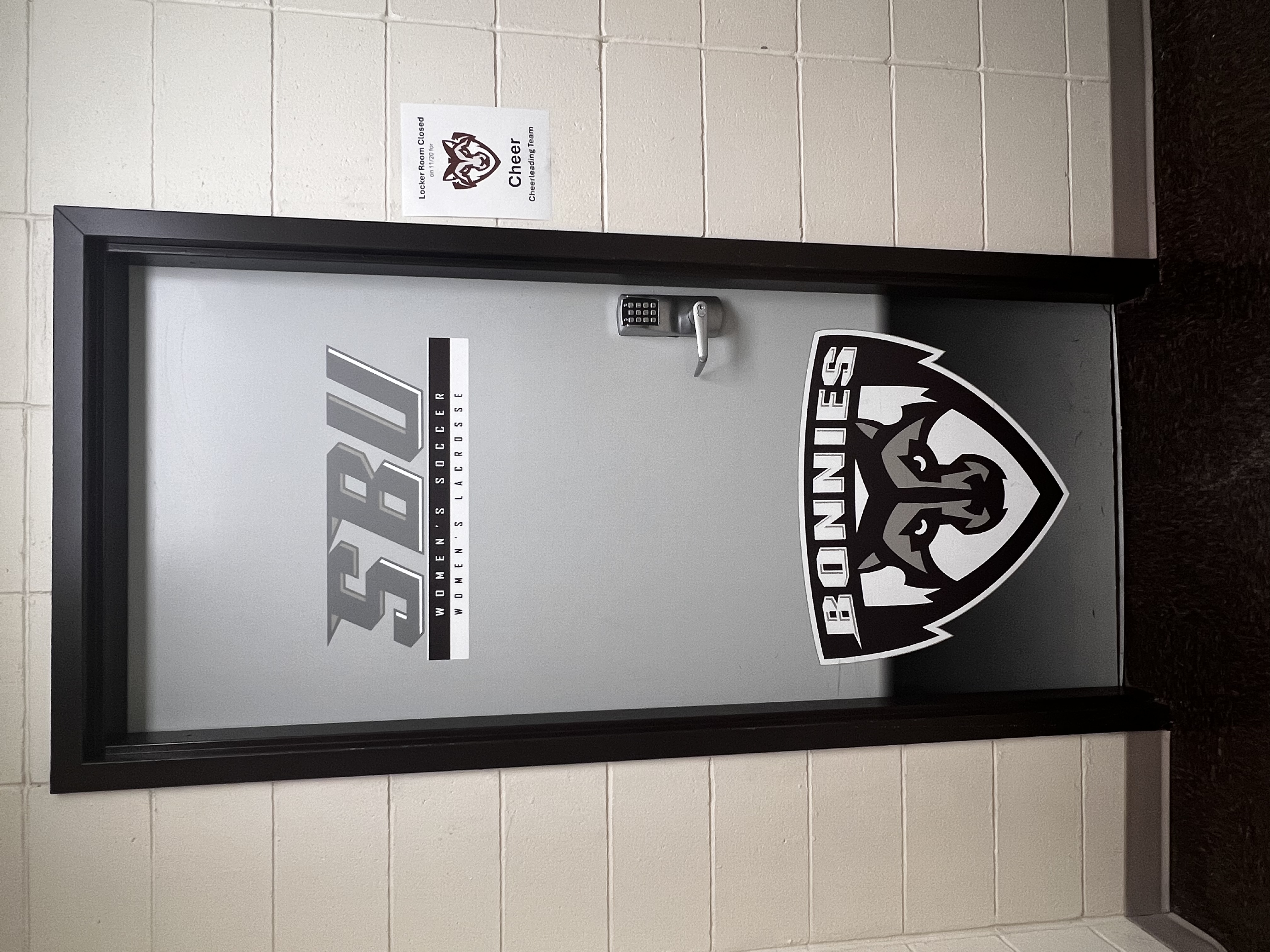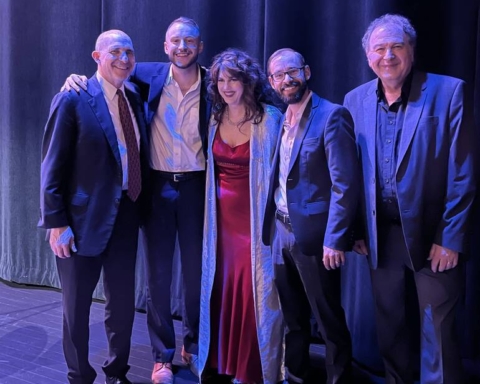Political correctness started as social politeness.
The technological revolution of the early 2000s brought us accessibility to mass information – all at the convenience of a Google search bar. In turn, traditional identifiers for marginalized populations, or the majority itself, don’t cut it anymore – mainly because any i-Something gives us the knowledge we need to know better.
But issues lie in where we’ve landed. Many of us have stopped reading and writing about – or even talking to – the people impacted by the political convictions we claim run through our blood like the very oxygen that keeps us alive.
In a sense, when it comes to understanding the “other,” we’ve lost touch with our education. “LGBTQ+,” “people of color” and the whole slew of inclusive terms we’ve grown accustomed to are, often times, detached from their original foundation: an intent to create personal communities of like-experienced individuals who support a broader community strengthened by equity.
As of late, we’ve seen division in our country after so many years of adversity-stricken progress, and I don’t think the fault lies entirely to the right. Liberals – and I include myself in this – have lost touch with the resources born into this digital age of ubiquitous information.
We’ve set our sights on tweets, captions and clickbait headlines, but how often do we DM the tweet-maker for a backstory, read the whole caption or actually swipe left and unravel the full story? Actually, how often do we even have conversations with those different than us?
Those insights are where our “political correctness” moves from a place of “polite,” to a place of “empathy.” Because, unless you experienced it first-hand, you learn inclusion through storytelling.
See, we’ve fooled ourselves into thinking our diversity education ends with denouncing bigotry and correcting traditional identifiers that isolate – but, really, that’s a foot on the ledge to change.
Let’s get our other foot on the platform and take off the only way we can: with a full scope of understanding, enveloped in research and thoughtful dialogues. Then, let’s find the appropriate platform to share our education.
And if we’re ready to share our well-developed outlooks and there’s someone within arm’s reach who’s actually impacted, let’s invite them to the mic, the podium, the interview.
Albeit important, speaking of communities through the lens of our laundry list of PC terms accomplishes nothing more than avoiding surface offense. But often, the real offense is the lack of true understanding behind our advocacy.
We have to ask ourselves, “If I’m not impacted, how can I learn from someone who is?” And, once we’ve fully learned, “How can I avoid speaking for their community and, instead, speak with their community?”
Nobody needs the advocate who uses blanket terms as a sign of intelligence. We crave thought leaders who listen more than they speak and develop speech around what they’ve seen, heard and felt.
As detailed by Barbara Gallagher, an author and Huffington Post writer, this accepted shift from genuine education towards safe, blanketed terms to prove our “education” often continues those same, passive outlooks we denounce.
“I understand that your intentions are good,” Gallagher said in her article The Problem With Political Correctness. “But there is often a big gap between intent and impact. I would invite you to consider the impact of your censorship and finger-wagging, as well as your inclination to self-righteous, moral indignation. You don’t realize it, but you’re effectively throwing a wet blanket over public (and private) discussions of vitally important issues.”
It’s simple: Political correctness can’t excuse a lack of education.
mcgurllt14@bonaventure.edu







